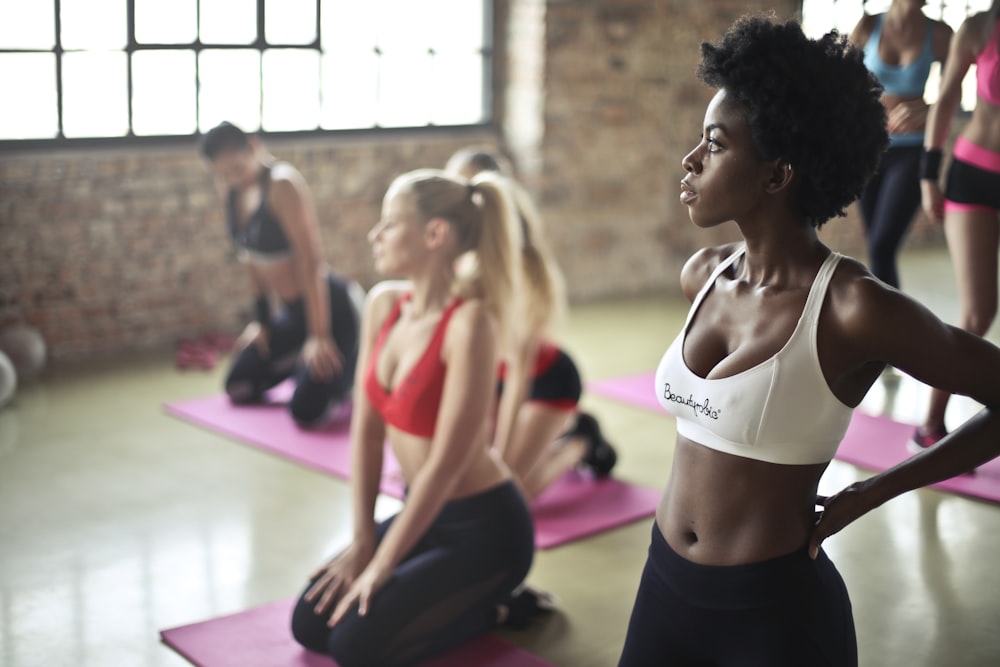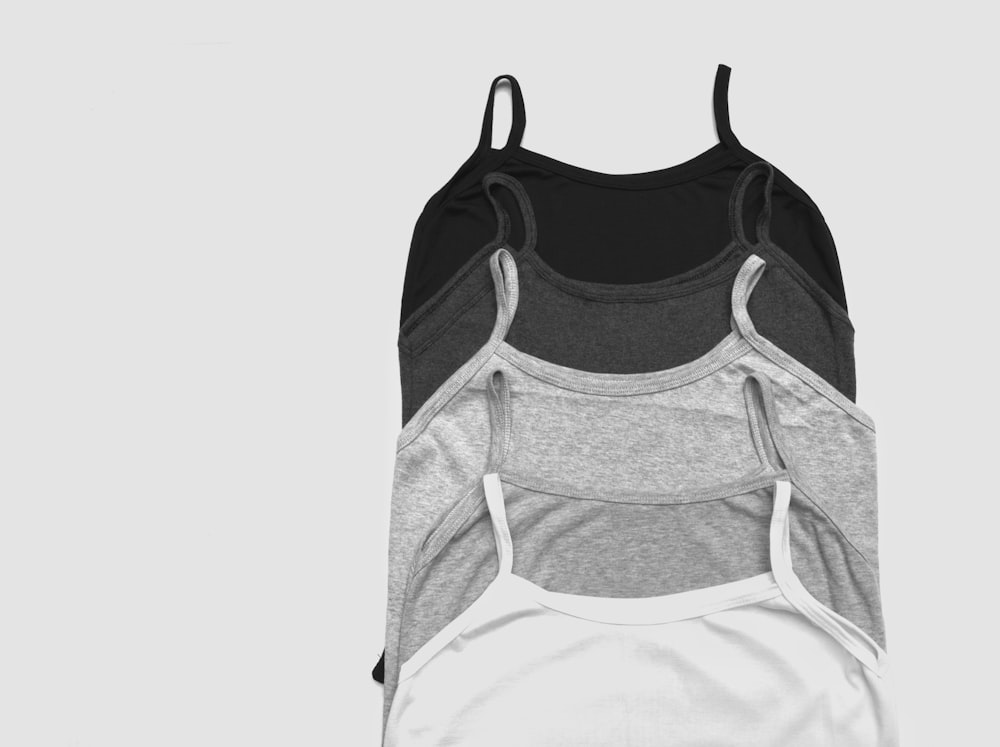
The right clothes can make or break your workout.
Whether you’re running, cycling, spinning, or doing weights and kettlebells at the gym, every exercise has an ideal outfit for it.
Choosing the wrong one can cause problems like chafing, irritation from seams on your skin, overheating in warmer weather (and freezing in cold), and even injury if something is too loose-fitting.
So before you hit the treadmill again this week to get that beach body ready for summer vacation (or just kick-start your New Year’s resolutions), follow these 5 important guidelines to make sure you’re wearing clothes that will help rather than hinder your fitness goals:
1) Make sure they fit nicely to avoid slides during workout
Ensuring that your workout clothes fit nicely on you is important to prevent any problems that may arise from your clothes sliding around while you exercise.
If shirts are too big, they can bunch up behind you and get in the way of your shoulder motions (and cause chafing), as well as a shift out of place as you perform exercises like squats or lunges.
Long-sleeve shirts worn during workouts can also make you feel hotter due to all those extra inches of fabric trapping heat around your body.
A simple trick to solve this is to try having a friend take a quick picture of your back with a phone or camera so you can see if anything looks odd. If there’s nothing obvious, consider going down a size for a more snug fit.
When it comes to bottoms, just make sure that they’re not too big so your shirt doesn’t get “lost” in the fabric while you work out.
You also want to avoid workout pants that have large pockets or loose pockets that sag since these can easily bounce up and down during exercise to hit your knees every few steps, especially when running.
2) Check for seams before you buy them
This is the number one thing people forget to do when purchasing new workout clothes.
Many sports clothing today are designed with special fabrics for high-intensity workouts because they stretch well without bunching or chafing due to seams (especially around the inner thighs).
Even if there aren’t any seams directly on your inner thighs, chafing can still occur when fabrics with different textures touch it.
The tips here are to avoid any extra seams in areas that have a high propensity for chafing – like the inner thighs, under your arms, and around your collarbone/neckline.
3) Wear the right clothes for the weather
If you’re exercising outdoors in cold weather, make sure to wear layers of clothing!
Studies have shown that having too many layers on can actually be counterproductive because it can cause overheating instead of making you feel warmer.
One thing to remember is not to wear shirts with reflective material since this doesn’t let air circulate properly, which makes you heat up even more easily.
And don’t forget about your extremities!
Even if it’s cold outside, don’t wear gloves or socks since this makes you lose touch with the equipment you’re holding (and prevents you from gripping weights properly). Prepare your fitness clothes too during wintertime!
It is important to get proper covers so visit the nearest place for wholesale gym clothes for winter right away before the season starts.
Make sure to keep hands and feet warm by using heated gloves/socks or chemical hand warmers.
4) Pay attention to fit on the crotch
Working out in compression pants can be a blessing because they make exercise more comfortable by preventing blood flow restriction like with tight pants.
But wearing poorly-fitted compression pants is worse than wearing normal ones because the padding around the crotch may bunch up over time which immediately causes chafing when exercising – not what you want during a HIIT cardio session.
It’s also not a good idea to underestimate the importance of compression shorts.
They also bunch up in areas where it’s not supposed to and can cause extreme discomfort when exercising – leading to chafing or even injuries if you don’t stop when problems arise.
5) Don’t wear regular bras during exercise sessions
It may sound obvious, but many people do this anyway since they think their regular bras are “good enough.” But if running on a treadmill is your idea of an intense workout, then you should consider investing in sports bras.
This allows for proper ventilation that prevents nasty rashes while providing stability so that breasts don’t go bouncing everywhere during physical activity.
If you’re just starting out with fitness activities, it’s best to invest in some good quality sports bras until you know what kind of exercises you’ll be doing so that the sports bra will fit exactly how it’s supposed to.
In most cases, sports bras are designed with elastic straps and a compression band for added support during high-intensity workouts – exactly what you want!
There are many easy ways to make sure you’re not wearing the wrong workout clothes. We hope this article can help!
